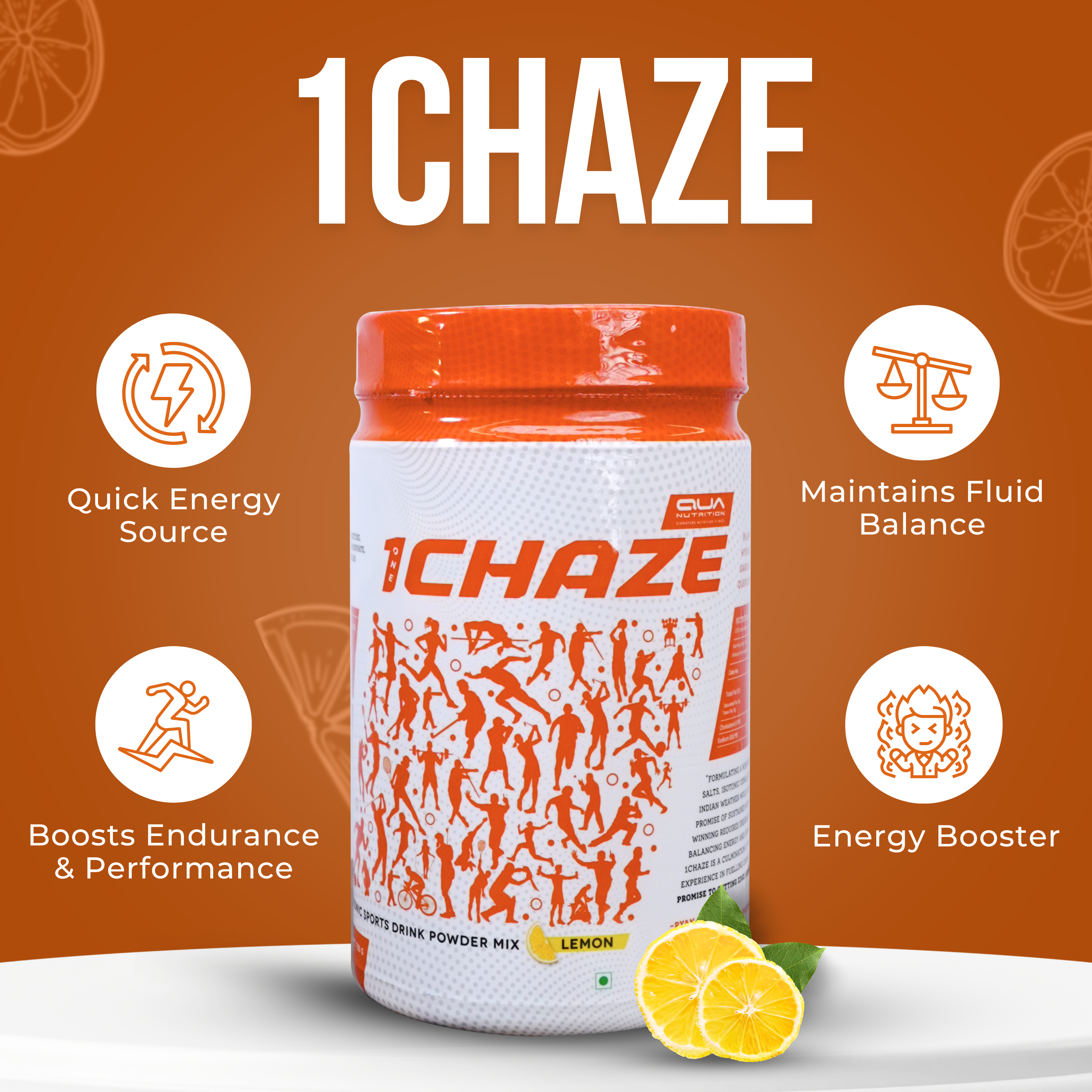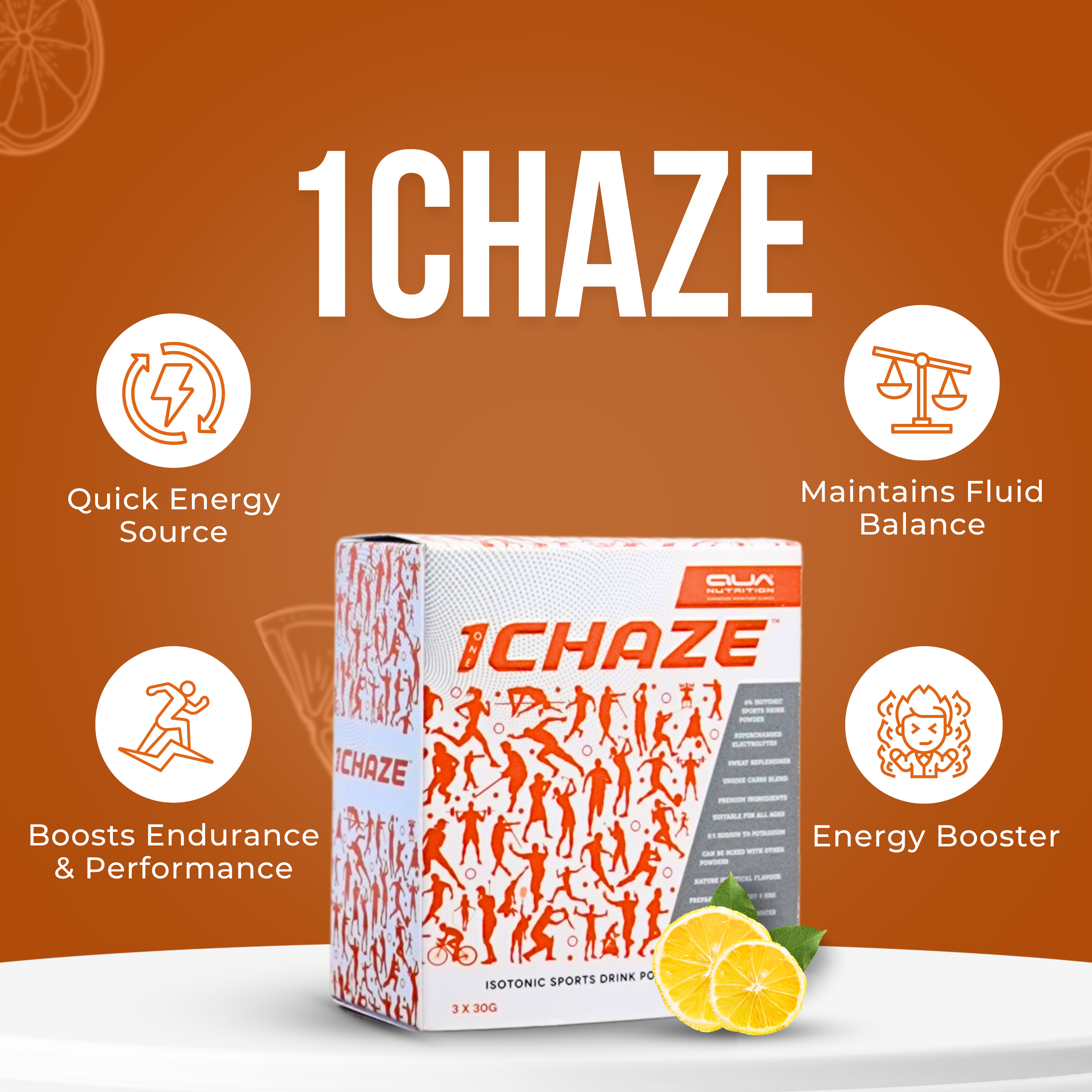In sports, fitness, and endurance training, hydration means more than drinking water. You need to refill what your body loses during bodily exertion—fluid, electrolytes, and energy. When choosing a hydration drink, the argument can often be isotonic vs energy drinks. What really enhances performance? What really hydrates? Are all energy drinks the same or should athletes even be drinking energy drinks to hydrate?
Let's look at this scientifically.
What Are Isotonic Drinks?
Isotonic drinks are scientifically formulated sports drinks that have the same concentration of salts and sugars as those which exist in the human body. These drinks usually contain a carbohydrate solution of between 6-8%, electrolytes (mainly sodium and potassium), and water. Because isotonic drinks are slightly similar to bodily fluids, they get absorbed quickly.
Why Are Isotonic Drinks Important?:
· Get absorbed quickly, so you can rehydrate as efficiently as possible.
· Moderate energy boost through carbohydrates.
· Replace electrolytes lost through sweat.
· Good sports performance enhancer especially endurance sports such as running, football, or cycling.
What Are Energy Drinks?
Energy drinks are beverages that usually contain caffeine and sugar in high doses along with other stimulants such as guarana, taurine, and B-vitamins. Their intended purpose is to stimulate the central nervous system and create alertness.
Why Do People Consume Energy Drinks:
· Enhance mental focus and alertness.
· Temporary boost in energy and reaction time.
· Typically consumed at times of high-intensity short duration or after long hours of awake time.
Isotonic vs Energy Drinks: The Key Differences
|
Feature |
Isotonic Drinks |
Energy Drinks |
|
Main Purpose |
Hydration + Electrolyte Replenishment |
Mental Alertness + Temporary Energy |
|
Carbohydrate Content |
6–8% (e.g., glucose, maltodextrin) |
High sugar or artificial sweeteners |
|
Electrolytes |
Sodium, Potassium, Chloride |
Usually absent or in very small amounts |
|
Caffeine |
Typically none |
High (80–300 mg per can) |
|
Usage |
During or after workouts |
Before activity or as a stimulant |
|
Absorption Rate |
Fast (similar to body fluid) |
Slower due to stimulant metabolism |
|
Long-Term Suitability |
Ideal for athletes |
Not ideal for sustained hydration or regular use |
Why Isotonic Drinks Are the Better Hydration Choice
1. Science Based to Meet Body Needs
Isotonic drinks are formulated to replace those lost during physical activity: water, electrolytes and glucose. Isotonic drinks are valuable when the heat is on which is also the case for the conditioned athlete who sweats readily. Energy drinks do not provide those benefits.
2. Hydration and Electrolyte Replacement
Sweat is made of sodium and potassium, both required for muscle contraction, nerve impulse and blood pressure. Isotonic drinks replace those losses, while energy drinks could dehydrate your body via caffeine inducing diuresis.
3. Sustained Performance, not a Rush
Energy drinks provide energy for an energizing jolt but the energizing jolt will create a collapse. Isotonic drinks provide energy for a steady and continual duration through constant glucose availability and endurance. That is what an athlete needs.
1Chaze Hydration: A Standout Isotonic Solution
If you're seeking one of the premier hydration products available, 1Chaze Hydration is the only choice for boosting performance and facilitating faster recovery, as it was scientifically developed for this purpose.
Where 1Chaze Hydration stands apart from other products:
· 6% Isotonic Formula: Optimized for speed and effectiveness of hydration.
· 5:1 Sodium to Potassium Ratio: This mimics the 'typical' pattern of sweat loss to assist your body replacing the lost electrolytes in sweat.
· Quality Ingredients: All pharma-grade, which means it is pure and safe.
· Balanced Sugar Content: Calories that prevent an 'energy crash' while maintaining the energy needed to maintain performance.
· Good Taste: No more gagging down a bad-tasting product.
· Scientifically Developed: developed through research and understanding of the principles of sports nutrition.
1Chaze Hydration is perfect for:
· Runners, cyclists, footballers
· Gym-goers in increased training phases
· People experiencing prolonged exposure to a hot environment
· Athletes participating in tournaments or competitions
The Science Behind Performance Hydration
Hydration is fluid balance and not just drinking when thirsty. The consequences of sweating are:
· Fluid loss (aka fatigue and decreased performance)
· Sodium loss (which affects muscle function)
· Potassium loss (which affects heart and nerve function)
· All your vital organs increase in core temperature
An isotonic drink like 1Chaze is the solution to all of these challenges. An energy drink simply stimulates - it does not address the original issue of dehydration.
Are There Downsides to Energy Drinks?
Yes - especially for athletes.
❌ High Caffeine Levels: Can increase jitteriness, increased heart rate, and dehydration.
❌ High Sugar Levels: Some energy drinks are over 30g of sugar a can. Not ideal for insulin spike and crash.
❌ No Electrolyte Replacement: You are losing good minerals when you sweat, and replacing them with the only caffeine drinks.
❌ Not Great for Rehydration: Caffeine is a mild diuretic, which increases loss of fluids.
Who Should Choose What?
|
Situation |
Recommended Drink |
|
Long-distance running |
Isotonic (e.g., 1Chaze Hydration) |
|
Post-workout recovery |
Isotonic |
|
Studying late at night |
Energy Drink (in moderation) |
|
Before a short high-intensity match |
Small dose of caffeine + isotonic |
|
During a sports tournament |
Isotonic, NOT energy drink |
Conclusion: Isotonic vs Energy Drinks – Who Wins?
In performance hydration, isotonic drinks take the lead. They effectively replace what athletes are losing with sweat and effort. Energy drinks can have a role in mental performance or a short-term pick-me-up, but they do not contribute to hydration or a sustained performance.
So, if you are serious about performance output and recovery, do not just pick any energetic can with flashy marketing. Look for a scientifically formulated hydration solution like 1Chaze—your body will thank you; it’s a true performance sport drink.
FAQs
1. Can I use both isotonic and energy drinks together?
You can, but timing is crucial. Isotonic drinks may be consumed during and following training. An energy drink, in small quantities, may be applied pre-competition if you're looking for that caffeine boost, particularly if it's a short duration sprint or high-intensity match. Avoid using both in conjunction on a continuous basis.
2. Is 1Chaze Hydration safe for teenagers and younger athletes?
Yes, 1Chaze Hydration is made with pharma grade ingredients and has no stimulants, so it is safe to use and is ideal for growing athletes to help with hydration needs and recovery support.
3. What's the importance of the 5:1 ratio of sodium to potassium?
The 5:1 sodium to potassium ratio mimics the loss of electrolytes in sweat. Sodium helps retain water. Potassium helps with muscle and nerve functions. Therefore, using both helps to prevent cramps and help with endurance.
4. Is energy drink dehydration a real fear?
It is. Energy drinks contain caffeine and large quantities of sugar which produce greater urine output, and therefore dehydration, particularly when consumed prior to or during physical activity.
5. How often should I drink isotonic drinks like 1Chaze?
Isotonic drinks should be used:
· Before training (if training fasted)
· During extended training sessions
· To optimise recovery post-training
What is most important is that you listen to your body's hydration signals and how much you are sweating to achieve the best results.









